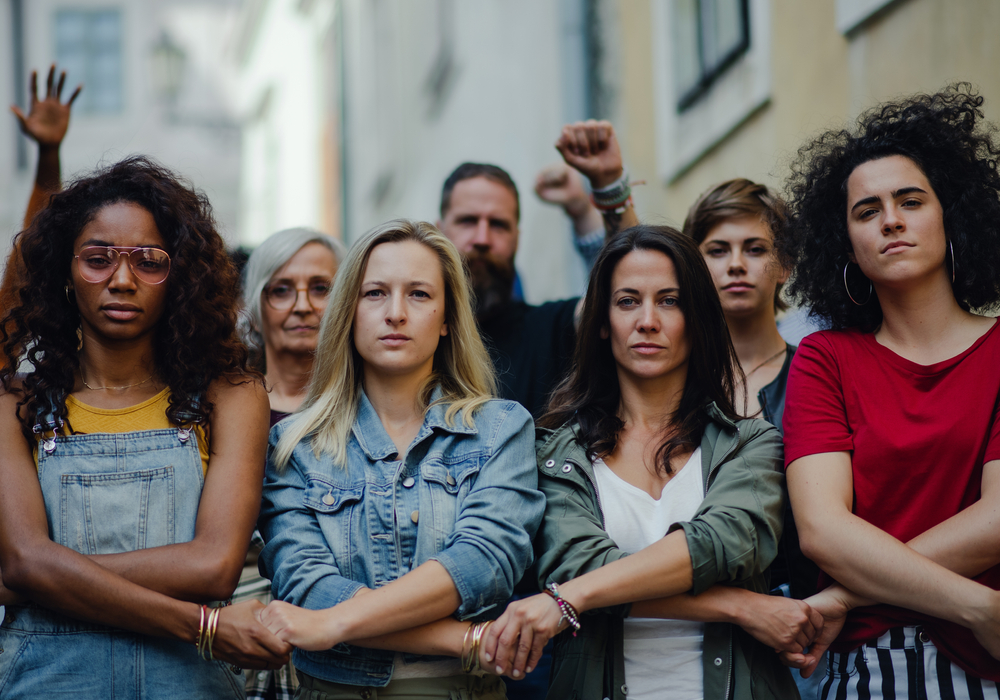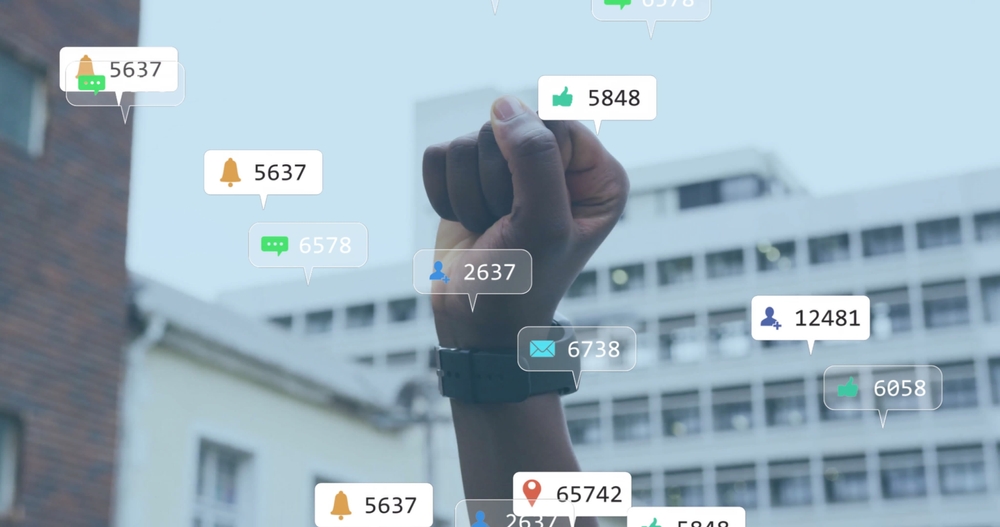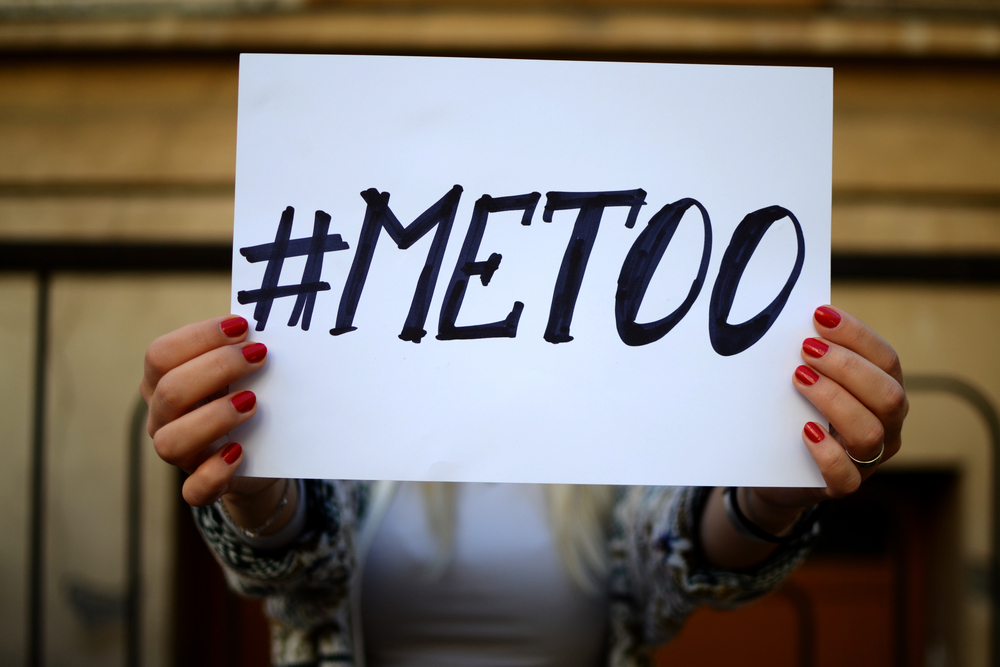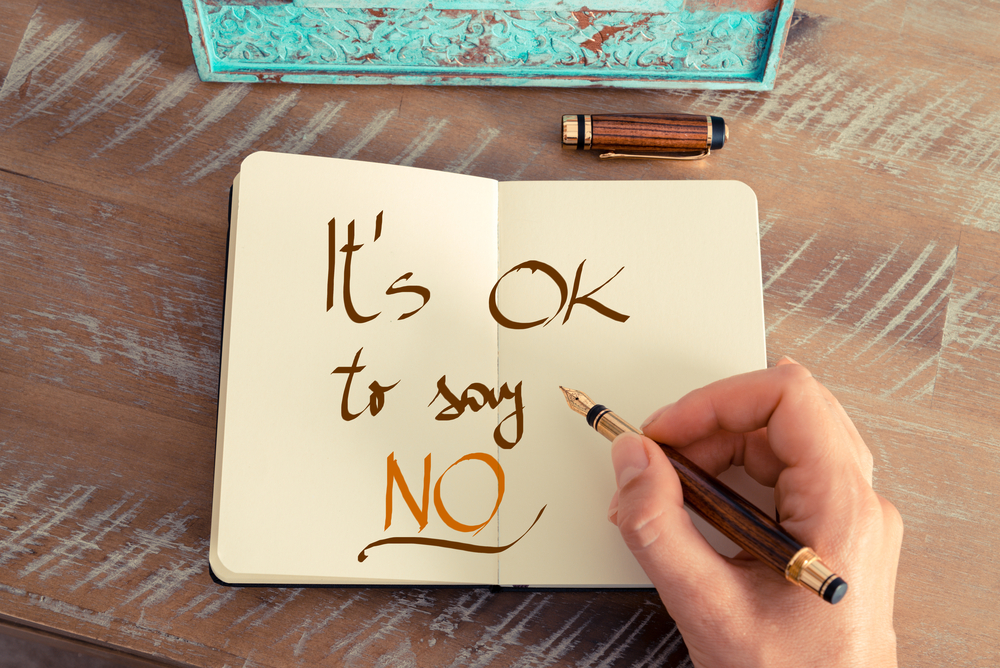In today’s digital age, social media has evolved from a space for interaction to a dynamic tool for advocacy and change. It empowers voices, driving communication and impact globally. This shift mainly affected women, particularly in light of women’s empowerment. Platforms like Facebook, Instagram, LinkedIn, and Twitter have empowered women by providing support networks, community spaces, and opportunities for career growth, education, and leadership. These platforms have enabled women from all backgrounds to challenge norms, break barriers, and inspire others. They’ve become a space for empowerment and positive change.
Social Media as a Voice for the Voiceless
Social media has greatly empowered women by giving a voice to those traditionally marginalized. It offers a platform for visibility and representation. Social media has become a forum for free speech in cultures where women’s voices have been silenced. Women can now share their stories, opinions, and experiences with a global audience. Movements like #MeToo, which gained momentum on Twitter, allowed millions of women to speak out against sexual harassment and abuse. Women worldwide have used social media to find solidarity and amplify their voices, driving legal and cultural shifts. It has become a catalyst for change.
Information sharing has become more democratic because of social media platforms. Women in developing countries are using social media to spotlight local issues like domestic abuse, gender inequality, and education gaps. It’s a vital tool for raising awareness. These platforms offer uncensored, right-away viewpoints that inspire global action in addition to bringing attention to particular issues.
Building Communities and Support Networks

Social media is more than just a means of communication for women; it has become a space to build communities of support. For instance, a lot of Facebook groups run by women concentrate on motherhood, company development, or personal development. These groups offer a platform for women to mentor, support, and exchange advice with one another. Platforms like Instagram and YouTube allow women to form online communities around interests like fashion, activism, mental health, and fitness. These spaces foster connection and support.
Women have also utilized social media to form connections beyond cultural and national borders. Women globally share, promote, and co-create empowerment. It is no longer dependent on a single, recognized figure. Women in leadership roles can now mentor young women virtually, breaking down the barriers of distance and financial limitations. These networks foster confidence and self-efficacy, which are critical components of empowerment.
Social Media as a Tool for Education and Awareness
The accessibility of educational resources on social media has had a profound impact on women’s empowerment. Women can now access a wealth of knowledge on platforms like LinkedIn and YouTube, covering topics such as financial literacy, personal development, job skills, and mental health. With free webinars, tutorials, and online courses are available at the click of a button, and they are empowered to acquire skills and knowledge that may have been inaccessible through traditional education systems. The flexibility of online learning allows women to upskill at their own pace, breaking down barriers and opening doors to new opportunities and personal growth.
Social media also helps people become more conscious of problems like gender equality, women’s rights, and reproductive health. Women’s organizations and activists have used social media campaigns to spread crucial information, debunk myths, and challenge harmful stereotypes. In countries with limited formal sex education, social media influencers are stepping in as educators. They offer crucial information on women’s health, sexual rights, and consent. Their role is vital in filling educational gaps.
Entrepreneurship and Financial Independence

Social networking has altered women’s entrepreneurship as well. Platforms like Instagram, Facebook, and Pinterest have become key marketplaces for women to promote and sell their products, bypassing traditional retail. They enable women to build an online presence, attract customers, and generate income without needing substantial capital or support.
Influencer marketing has empowered women by allowing them to monetize their social media following. This financial opportunity boosts their influence and independence. Many women have turned their personal brands into successful businesses, gaining financial independence and creating new career paths. Social media platforms offer the tools and insights necessary to grow these ventures, from analytics to targeted advertising.
Social networking has also provided previously unavailable information and support networks to women entrepreneurs. Women can now connect with investors interested in funding female-led projects and join online forums and virtual mentorship programs. This global network of like-minded entrepreneurs is vital for breaking into traditionally male-dominated industries.
Challenging Stereotypes and Redefining Representation
Social media allows women to question and reshape their media portrayal. This is crucial because accurate representation matters. Women of all shapes, sizes, races, and backgrounds are using social media platforms to share their authentic stories and experiences. This shift in representation empowers women to embrace their true identities. It frees them from the pressure to conform to traditional beauty standards and societal expectations.
Social media influencers, many of whom are women, have played a key role in this cultural shift. On platforms like Instagram and TikTok, women are creating content that celebrates body positivity, diversity, and self-love. This is a stark contrast to traditional media, which has often presented a narrow and unattainable image of femininity. Through social media, women are reclaiming the narrative and promoting a more inclusive, empowering view of womanhood.
Social media also empowers women to confront prejudices in the workplace and other professional contexts. On LinkedIn, women share their professional experiences and showcase their achievements. They also offer guidance to those facing similar challenges. For young ladies who might be considering careers in fields where they are neglected, these narratives offer inspiring role models.
Social Media as a Tool for Activism

Women have long been at the forefront of social movements, and social media has only amplified their activism. From environmental issues to women’s rights, social media platforms have been critical in organizing protests, raising funds, and spreading awareness. Hashtags like #SheBelieves, #HeForShe, and #BringBackOurGirls have mobilized millions of people and drawn global attention to issues affecting women.
Activists utilize social media to demand responsibility from governments and businesses, as well as to rally support. By amplifying their voices on social media, women can demand justice, equality, and systemic change. This direct form of activism allows for rapid mobilization and international attention that traditional methods could not achieve as quickly.
Challenges and Criticisms
Social networking has been invaluable in the empowerment of women, but there are drawbacks as well. Cyberbullying, online harassment, and trolling are rampant on these platforms, disproportionately affecting women. Female influencers, activists, and public figures often face sexist abuse and threats, which can have serious emotional and psychological impacts.
Despite these obstacles, social media continues to have a largely favorable overall impact on women’s empowerment. Many platforms have taken steps to address these issues by offering reporting mechanisms and implementing stricter policies against harassment. In an effort to address online abuse, social media initiatives have also surfaced. One such movement is #StopOnlineAbuse, which aims to make digital places safer for women.
Conclusion
Social media has transformed women’s empowerment by offering a strong platform for advocacy, business, education, and self-expression. Women now have unprecedented opportunities to connect, share their stories, and drive change. Despite ongoing challenges, social media’s evolving role will further advance women’s empowerment, helping them challenge norms and inspire others.





